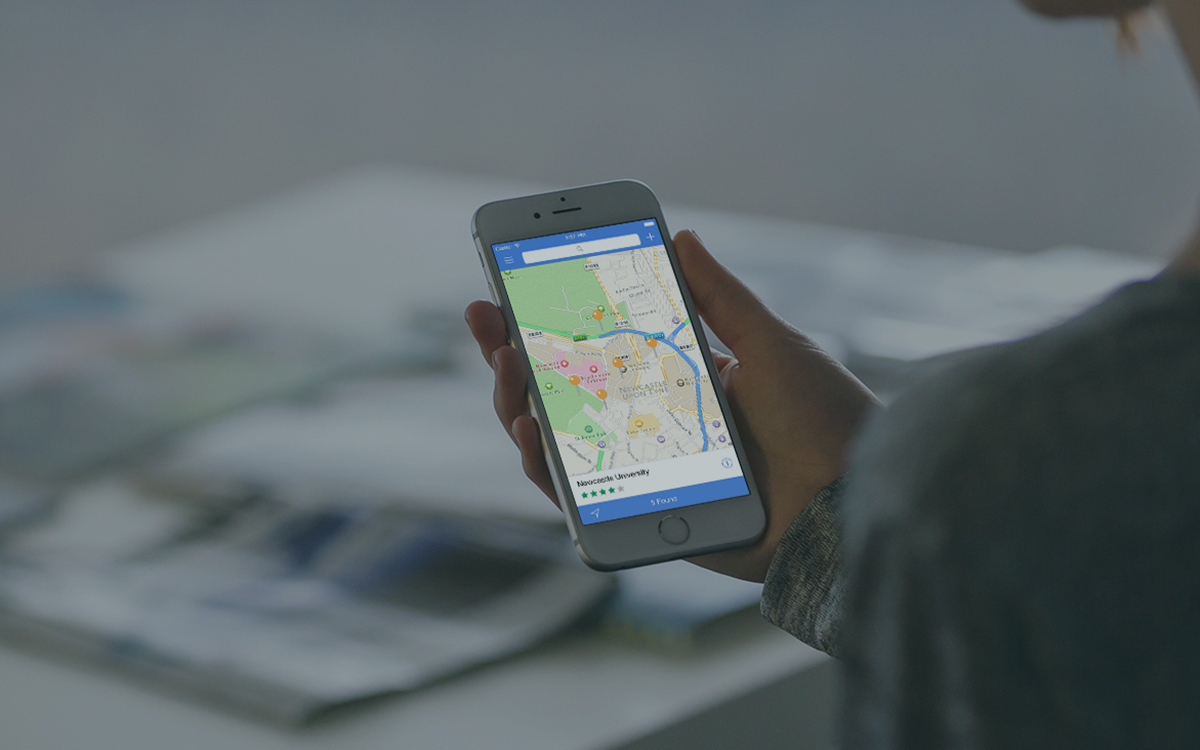App Movement
An online platform which empowers small communities by enabling collaborative design of niche mobile apps.
2013-2016
Introduction
App Movement enables communities to generate their own rating and review mobile application at the press of a button.

About App Movement
App Movement is an online platform that enables communities to propose and promote ideas for mobile applications in response to community needs. The community can collaboratively design the app through a series of customisable features, and automate the development and deployment of a customised app.
The platform allows community members to create the applications without any prior technical knowledge, breaking down the barriers to commissioning technology.
App Movement was launched in February 2015 and now has over 38,000 users who have created over 233 movements and automatically generated 27 mobile applications to support communities to find dementia friendly places, gender neutral toilets, drone flying locations, and more.
Through the App Movement platform, citizens take a proactive and independent approach to identify their own issues and develop technologies to support their communities.
The App Movement platform draws upon our previous research deployment, FeedFinder, a location based review service for breastfeeding mothers to rate and review breastfeeding-friendly locations.
How it works
Citizens create a campaign page, known as a movement, and leverage support from the community. If they reach 150 supporters over a two-week period the app then moves to the design stage.
In the design stage, the community makes choices around how they want the app to look and work. They select configurable options of the app such as its name, colour scheme, rating options, and logo.
After a week, the winning contributions are selected. The app is automatically generated by the platform, which launches the apps in the Google Play and Apple App stores.
Involvement
I worked with several researchers at Open Lab, Newcastle University to bring App Movement to fruition. Notably Dr. Madeline Balam, Dr. and Dr. Andrew Garbett. My role was to develop the main platform alongside Dr. Andrew Garbett and to develop the white-labelled iOS application which could be generated and deployed automatically.
Reach
Launched in February 2015 the service now has over 150,000 users who have created over 120 app campaigns and automatically generated 24 mobile applications to support communities in finding dementia friendly places, gender neutral toilets, and drone flying locations, and many more.